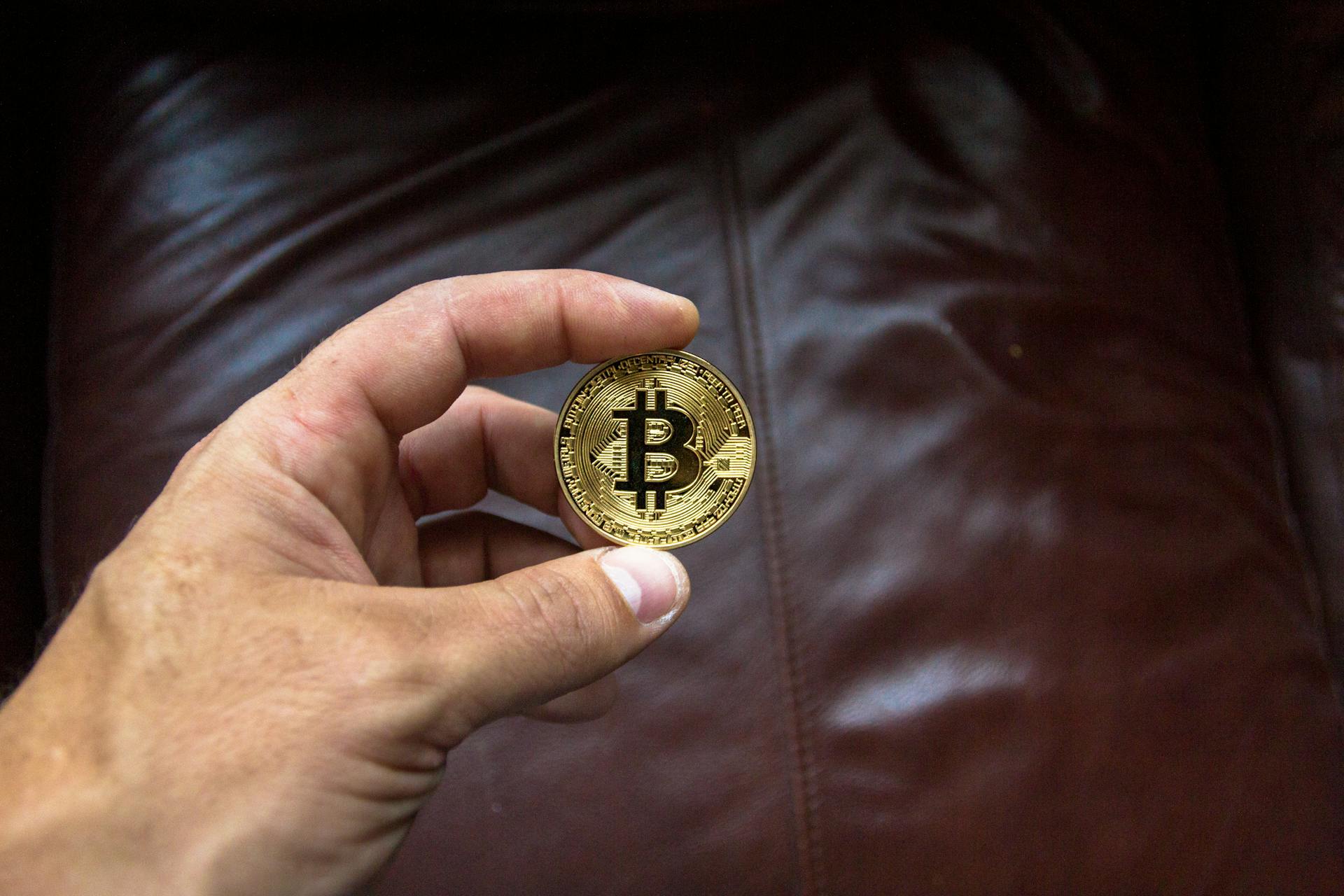Why Become A Crypto Exchange Liquidity Provider?
When you trade crypto on an exchange, you rarely reflect on how this process looks like from the inside and who is behind the fulfillment of operations. A trading platform may use help from institutional crypto investors who act as liquidity providers and market makers, or third-party assistants.
Author:Daniel BarrettJan 22, 20243.3K Shares115K Views

When you trade crypto on an exchange, you rarely reflect on how this process looks like from the inside and who is behind the fulfillment of operations. A trading platform may use help from institutional cryptoinvestors who act as liquidity providers (LPs) and market makers, brokers, or third-party assistants. After all, it’s not necessary that someone will want to buy your assets at the time and price you want. If there’s no organic counterparty to your trade, LPs come to the scene. What are liquidity providers in crypto? What do they do and why? Let’s try to figure it out in this article.
What is a Liquidity Provider?
Liquidity is the lifeblood of successful trading operations, be it a traditional stock or cryptocurrency market. An LP is an individual or entity that has a sufficient pool of assets to provide services as a middleman supplying exchanges with liquidity.
On centralized exchanges, crypto liquidity providers are market makers who continuously place buy and sell orders in an order book and fulfill arising orders from other market participants.
On decentralized platforms, LPs are traders who lock crypto in liquidity pools and earn fees from the trades that occur in the pool. This pool of assets is then used to facilitate trading on the platform. So, in essence, LPs play a crucial role in ensuring that decentralized platforms have enough assets available for users to trade.
Motivations for a Crypto Liquidity Provider
There must be good reasons for locking funds in liquidity pools, so here are some of the benefits that a cryptocurrency liquidity provider receives:
- Passive income opportunities. The main motivator for LPs is profit-making. To stimulate LPs, crypto exchanges offer them a portion of the fees paid by other trading participants. Sometimes the fee reaches 1%, which is a good remuneration, given that the volume of such transactions has no limits.
- Relative stability. Compared with high-risky trading styles like options and futures, LP does not imply “betting” on the future market trend. An LP trades and earns as long as other people trade. In the end, a liquidity provider gets all the invested funds back plus the earned percentage.
- Chance to build a positive reputation. The more you trade, the more you are involved in the trading process, and the more opportunities come your way. Being an LP is all about meeting new businesses, collaborating, and finding better opportunities and more lucrative contracts.
A crypto liquidity provider plays an essential role, ensuring there's enough liquidity for trading on exchanges. In return for their services, LPs get passive income (a portion of fees) and a chance to build a positive reputation in the crypto industry.

Daniel Barrett
Author
Daniel Barrett is a tech writer focusing on IoT, gadgets, software, and cryptocurrencies. With a keen interest in emerging technologies, Daniel offers expert analysis and commentary on industry trends. Follow him for authoritative insights into the latest tech innovations.
Latest Articles
Popular Articles